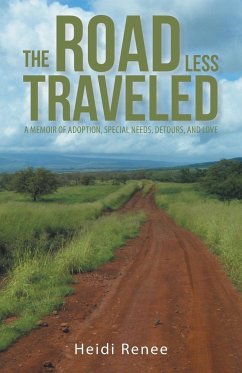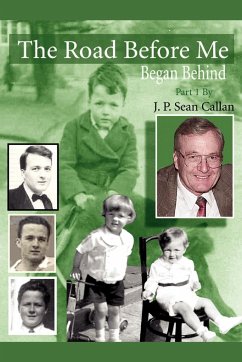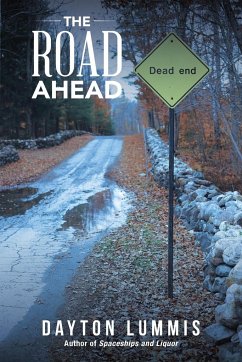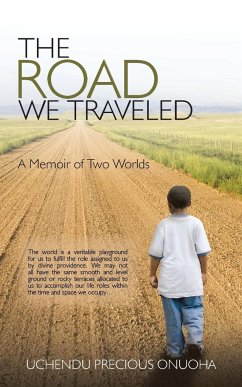A story of one family's love and courage in the Jim Crow-era Deep South In defiance of his middle-class landowning family, a young white man named James Morgan Richardson married a light-skinned black woman, Edna Howell. It was 1914 in south Alabama. Together they eventually built a house at the dead end of a road in a rural black community. If you came there to do the Richardson family harm, you faced Jim Richardson's rule of justice, represented by a double-barreled shotgun. And at the end of the road, there was only one way out. The House at the End of the Road: The Story of Three Generations of an Interracial Family in the American South examines how one pioneering interracial couple developed a love and a racial identity that carried them defiantly through the Jim Crow years. Through interviews and oral history collected from both sides of the Richardson family's racial divide, as well as archival research, The House at the End of the Road probes into the core of the issue of race in early twentieth-century America. At the same time, it takes the lessons of the past and places them under the scrutiny of a contemporary world adjusted to DNA ancestry testing, a more flexible sense of racial and ethnic identity, and a tolerance and acceptance of the racial ambiguity that laws prohibiting Jim and Edna Richardson's marriage sought to eliminate. Jim and Edna Richardson were Ralph Eubanks's grandparents. Now, decades after interracial marriage became legal, Eubanks takes readers on a journey back to his grandparents' house at the end of the road where he reconstructs their life and times and seeks lessons for America's multiracial future. W. Ralph Eubanks, Washington, D.C., is the author of the memoir Ever Is a Long Time, which Washington Post book critic Jonathan Yardley named as one of the best nonfiction books of 2003. A 2007 Guggenheim Fellow, he is currently director of publishing at the Library of Congress.
Hinweis: Dieser Artikel kann nur an eine deutsche Lieferadresse ausgeliefert werden.
Hinweis: Dieser Artikel kann nur an eine deutsche Lieferadresse ausgeliefert werden.








